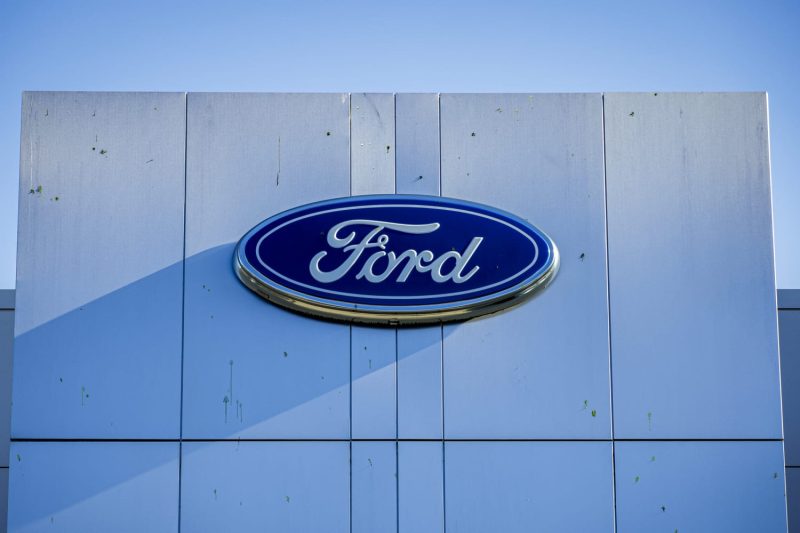The recent announcement by Ford and Mazda issuing do not drive warnings for approximately 457,000 vehicles fitted with potentially dangerous Takata airbags has raised concerns among vehicle owners and industry experts alike. The issuance of such warnings highlights the ongoing challenges faced by automakers in addressing the Takata airbag recall crisis, which has been one of the largest and most complex in automotive history.
Takata, a Japanese supplier of automotive safety components, gained notoriety for producing faulty airbag inflators that were susceptible to rupturing and spraying shrapnel upon deployment. This defect has been linked to numerous injuries and fatalities worldwide, leading to a massive recall of vehicles fitted with Takata airbags.
The latest warnings from Ford and Mazda underscore the urgency of addressing the issue promptly to ensure the safety of vehicle occupants. The affected vehicles are primarily older models that may have been exposed to prolonged periods of high heat and humidity, factors known to exacerbate the risk of airbag inflator rupture.
For consumers who own vehicles included in the recall, it is crucial to heed the do not drive warnings issued by Ford and Mazda and take immediate action to address the issue. This may involve contacting authorized dealerships to schedule repairs or replacements of the faulty Takata airbags. While inconvenient, prioritizing safety and compliance with the recall directives is paramount to prevent potential harm.
The proactive response by Ford and Mazda in issuing the warnings reflects a commitment to prioritizing customer safety and adhering to regulatory requirements. It also serves as a reminder of the ongoing efforts by automakers to address the repercussions of the Takata airbag crisis and prevent further incidents of airbag inflator ruptures.
Moving forward, industry stakeholders, regulatory agencies, and consumers must continue to work together to ensure the timely and effective resolution of outstanding Takata airbag recalls. This includes promoting awareness of the issue, facilitating repairs, and implementing measures to prevent similar safety hazards from arising in the future.
In conclusion, the issuance of do not drive warnings for vehicles with Takata airbags by Ford and Mazda underscores the critical importance of addressing safety recalls promptly and decisively. By prioritizing customer safety and compliance with regulatory directives, automakers can mitigate risks and enhance public trust in the safety of their vehicles. As the industry navigates complex challenges such as the Takata airbag crisis, collaboration and vigilance remain essential in safeguarding the wellbeing of vehicle occupants and preventing potential harm.

